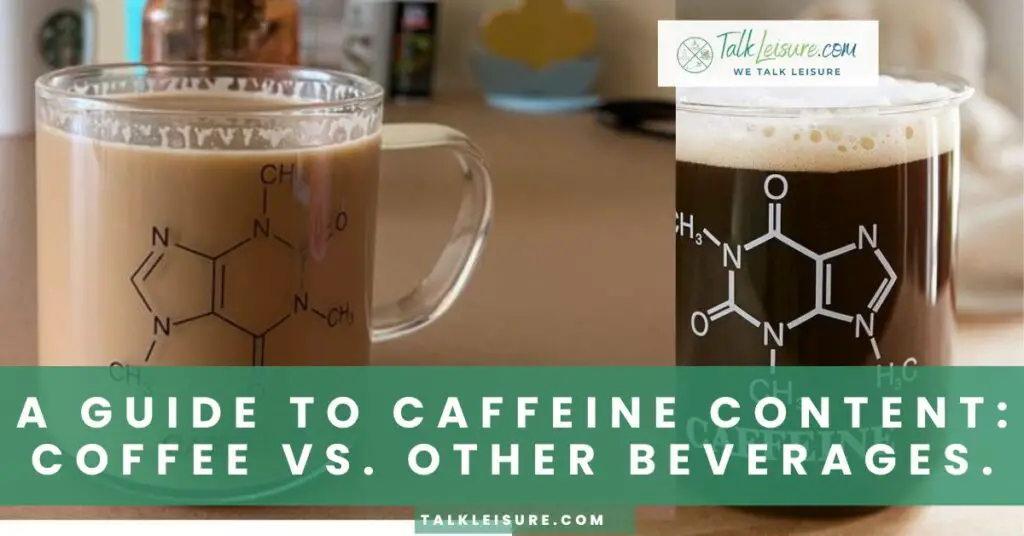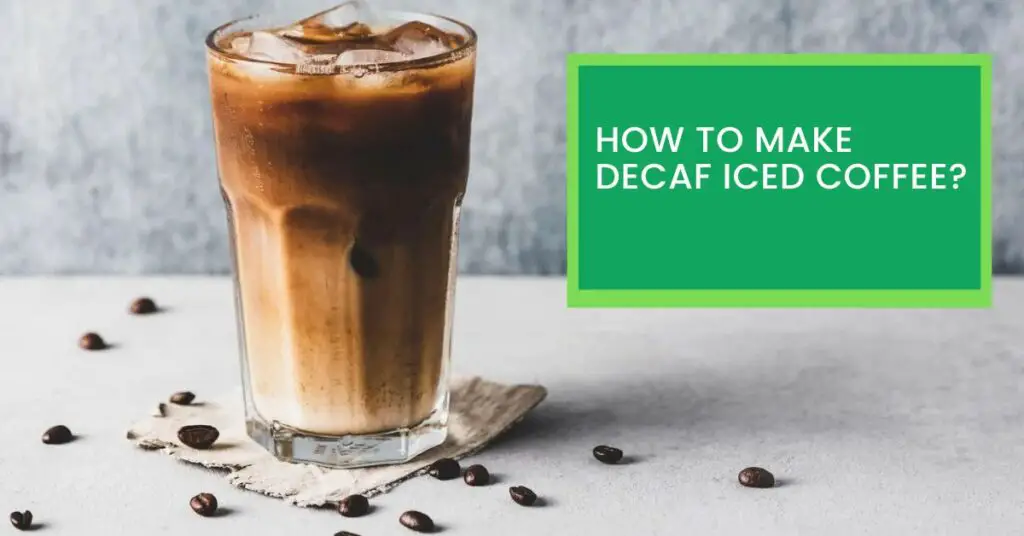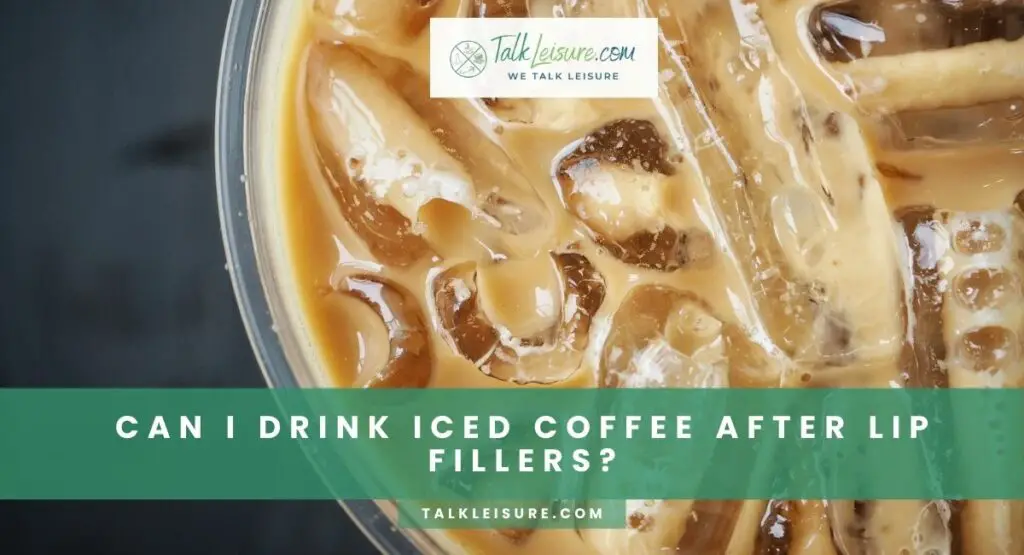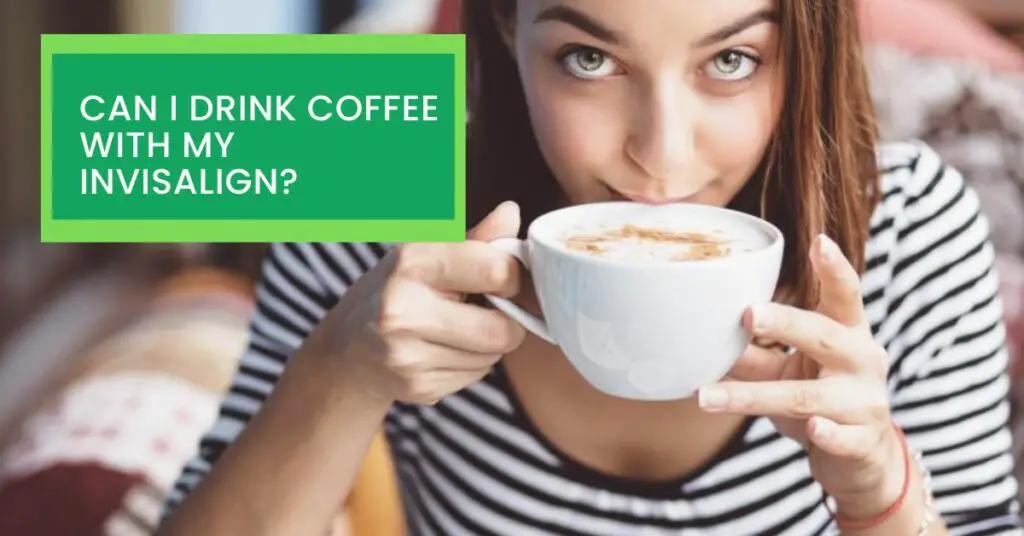Caffeine is one of the most widely consumed substances in the world, mainly in the form of coffee.
However, many other beverages also contain caffeine.
Understanding the caffeine content in different drinks can help individuals make informed choices about their consumption.
Whether you’re a seasoned coffee connoisseur, a tea enthusiast, or someone seeking an energy boost from soft drinks or energy drinks, understanding the caffeine content in different beverages is key to making informed choices about your daily intake.
This guide aims to unravel the mysteries of caffeine content, shedding light on the variations found in various drinks.
Let’s navigate the caffeinated landscape together and uncover the secrets behind the buzz.
Best Decaf Hazelnut Coffee 2023
What is Caffeine Content?
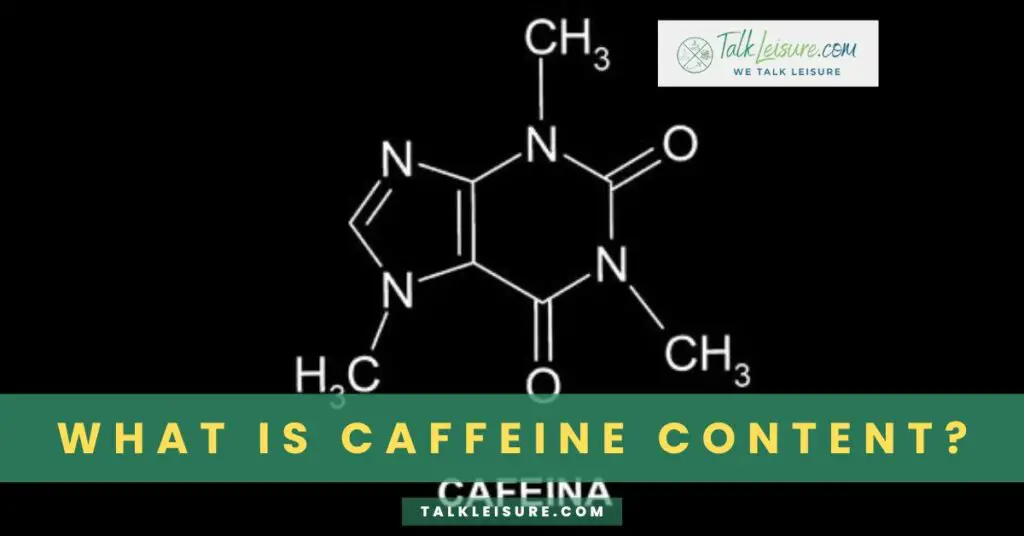
Caffeine content refers to the amount of caffeine present in a particular beverage or food item.
Caffeine is a natural stimulant that affects the central nervous system, providing a temporary boost in alertness and energy levels.
Different beverages contain varying amounts of caffeine, which is typically measured in milligrams (mg).
Why is Knowing Caffeine Content Important?
Knowing the caffeine content of beverages is essential for several reasons.
Firstly, it allows individuals to manage their daily caffeine intake.
While caffeine can provide benefits, excessive consumption may lead to negative effects such as jitteriness, insomnia, or increased heart rate.
It is crucial to understand how much caffeine is present in each drink to maintain a healthy balance.
Knowing the caffeine content can help individuals avoid unwanted side effects, especially if they are sensitive to or trying to limit their caffeine intake.
Understanding caffeine content allows for better decision-making and the ability to choose a beverage that aligns with personal preferences and health goals.
Caffeine Content in Coffee
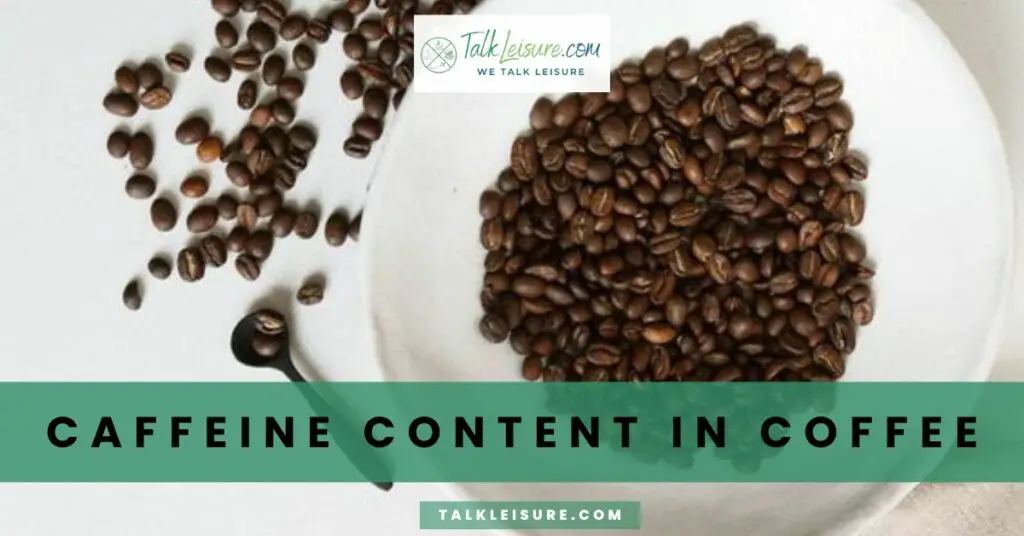
Coffee is a popular beverage known for its energizing effects, thanks to its caffeine content.
On average, an 8-ounce cup of brewed coffee contains approximately 95 milligrams (mg) of caffeine. However, the caffeine content can vary depending on several factors.
Factors Affecting Caffeine Content in Coffee
Type of coffee beans: Different types of coffee beans have varying caffeine levels. Robusta beans, for example, contain more caffeine than Arabica beans.
Roasting level: The degree of roasting affects the caffeine content. Darker roasts generally have slightly less caffeine than lighter roasts.
Brewing method: The brewing method also plays a role in caffeine extraction. For instance, espresso typically has a higher caffeine concentration compared to drip-brewed coffee.
Cup size: The amount of caffeine you consume also depends on the size of your cup. Larger cups will naturally have higher caffeine content.
Personal factors: Each individual’s tolerance and sensitivity to caffeine can vary. Factors such as age, weight, and overall health can influence how your body responds to caffeine.
Caffeine Content in Other Beverages

While tea and coffee are the go-to beverages for many caffeine seekers, there are other options available for those looking for a change of pace or a caffeine-free alternative.
Herbal infusions, also known as herbal teas, are caffeine-free, making them a soothing and relaxing choice.
Popular herbal infusions such as chamomile, peppermint, and hibiscus provide delightful flavors without the added kick of caffeine.
Decaffeinated drinks, on the other hand, offer a way to enjoy your favorite drinks without the stimulating effects of caffeine.
Decaf coffee and decaf tea are made by removing most of the caffeine content through a specific process.
It’s important to note, however, that decaf drinks may still contain small traces of caffeine, typically around 1-2 mg per 8-ounce serving.
Unconventional Sources of Caffeine
Energy Drinks: Energy drinks, known for their ability to provide a quick burst of energy, often contain high levels of caffeine. The caffeine content in energy drinks can vary significantly, with some brands containing as much as 160 mg per 16-ounce can. It’s crucial to consume energy drinks in moderation and be aware of their potential side effects.
Soft Drinks: Many popular soft drinks, such as cola and certain citrus-based sodas, contain caffeine. The caffeine content in these beverages typically ranges from 30-55 mg per 12-ounce can or bottle.
Chocolate-based Drinks: Chocolate-flavored drinks, like hot chocolate or chocolate milk, can also contain caffeine. The caffeine content in these drinks can vary, depending on the chocolate concentration and the brand. On average, a cup of hot chocolate can contain approximately 5-10 mg of caffeine.
Popular Caffeinated Beverages and Drinks
Coffee
Brewed Coffee: A classic and beloved source of caffeine, brewed coffee comes in various strengths and flavors, with an average of 95 mg of caffeine per 8 oz cup.
Espresso: A concentrated shot of caffeine, ranging from 63 mg per ounce and providing a robust, quick pick-me-up.
Instant Coffee: A convenient option with around 62 mg of caffeine per 8 oz serving.
Decaffeinated Coffee: For those who savor the taste of coffee without the jolt, containing approximately 2 mg of caffeine per 8 oz cup.
Tea
Black Tea: Offering a bold flavor and higher caffeine content, black tea typically contains 40-70 mg of caffeine per 8 oz cup.
Green Tea: Known for its health benefits, green tea has a milder taste and holds about 20-45 mg of caffeine per 8 oz serving.
White Tea: A delicate and subtle option with around 15-30 mg of caffeine per 8 oz cup.
Herbal Tea: Often caffeine-free, herbal teas are made from various plants and provide a soothing, non-stimulating alternative.
Soft Drinks
Cola: Classic cola drinks pack a moderate punch with approximately 34 mg of caffeine per 12 oz can.
Cola: A low-calorie alternative that maintains a similar caffeine content, averaging around 46 mg per 12 oz.
Mountain Dew: Known for its higher caffeine content among citrus sodas, a 12 oz can contains about 54 mg of caffeine.
Energy Drinks
Red Bull: A popular energy drink with an 8.4 oz can delivering around 80 mg of caffeine.
Monster: Offering a variety of flavors and sizes, Monster energy drinks can contain 160 mg of caffeine or more per 16 oz can.
Iced Tea
Bottled Iced Tea: A refreshing option with caffeine levels ranging from 30-50 mg per 16 oz bottle, depending on the brand and brewing method.
Caffeine Content and Health
Understanding the recommended daily caffeine intake is essential for maintaining a healthy lifestyle.
The general guideline for adults is to consume no more than 400 milligrams of caffeine per day. This is equivalent to approximately four cups of brewed coffee.
It is important to note that this limit may vary depending on individual tolerance and sensitivity to caffeine.
Pregnant women, individuals with certain health conditions, and adolescents should consult with a healthcare professional for specific caffeine intake guidelines.
Conclusion
In conclusion, understanding the recommended daily caffeine intake and its effects on the body is crucial for maintaining a healthy lifestyle.
It is recommended for adults to consume no more than 400 milligrams of caffeine per day, equivalent to approximately four cups of brewed coffee.
However, individual tolerance and sensitivity to caffeine may vary, and certain groups such as pregnant women, individuals with specific health conditions, and adolescents should consult with a healthcare professional for personalized guidelines.
Frequently Asked Questions
How Does Caffeine Affect the Body?
Caffeine is a central nervous system stimulant that can help improve alertness and reduce fatigue. However, excessive consumption can lead to insomnia, jitteriness, and increased heart rate.
Is Decaffeinated Coffee Completely Caffeine-free?
No, decaffeinated coffee still contains a small amount of caffeine, typically around 2-5 mg per 8 oz cup.
Can Caffeine Consumption Lead to Dehydration?
While caffeine has diuretic effects, moderate consumption, especially through beverages like coffee, is not likely to cause dehydration. However, it’s essential to stay adequately hydrated by balancing caffeine intake with water.
Are Caffeine Levels Consistent Across Coffee Brands?
No, the caffeine content can vary based on factors such as the type of coffee bean, brewing method, and brand. Always check the packaging for specific information.
How Does Caffeine Affect Sleep?
Consuming caffeine, especially close to bedtime, can interfere with sleep. It’s advisable to limit caffeine intake in the evening to promote better sleep quality.
Best Wishes!

